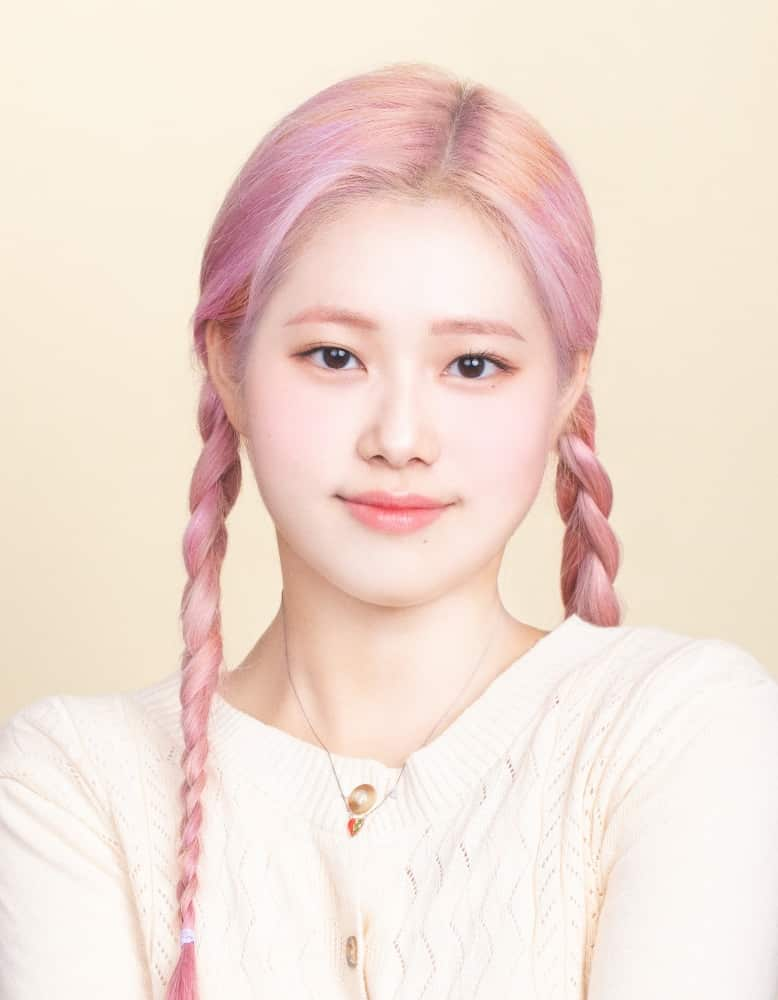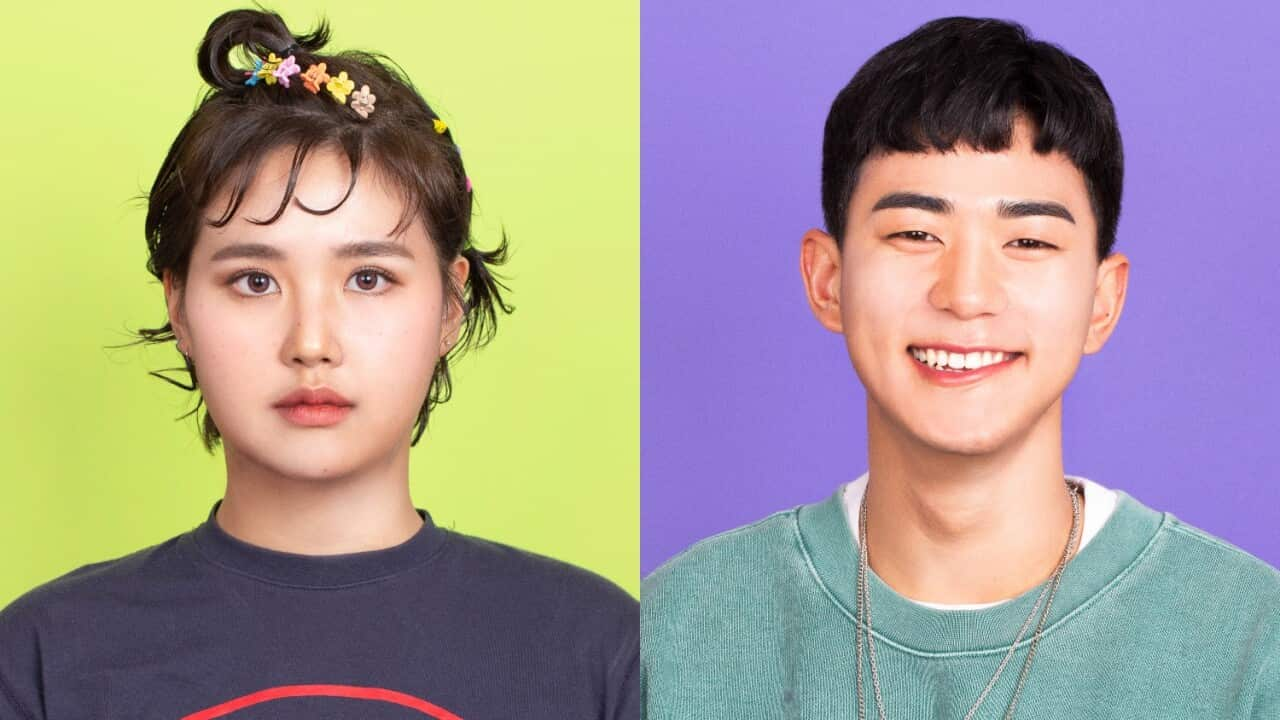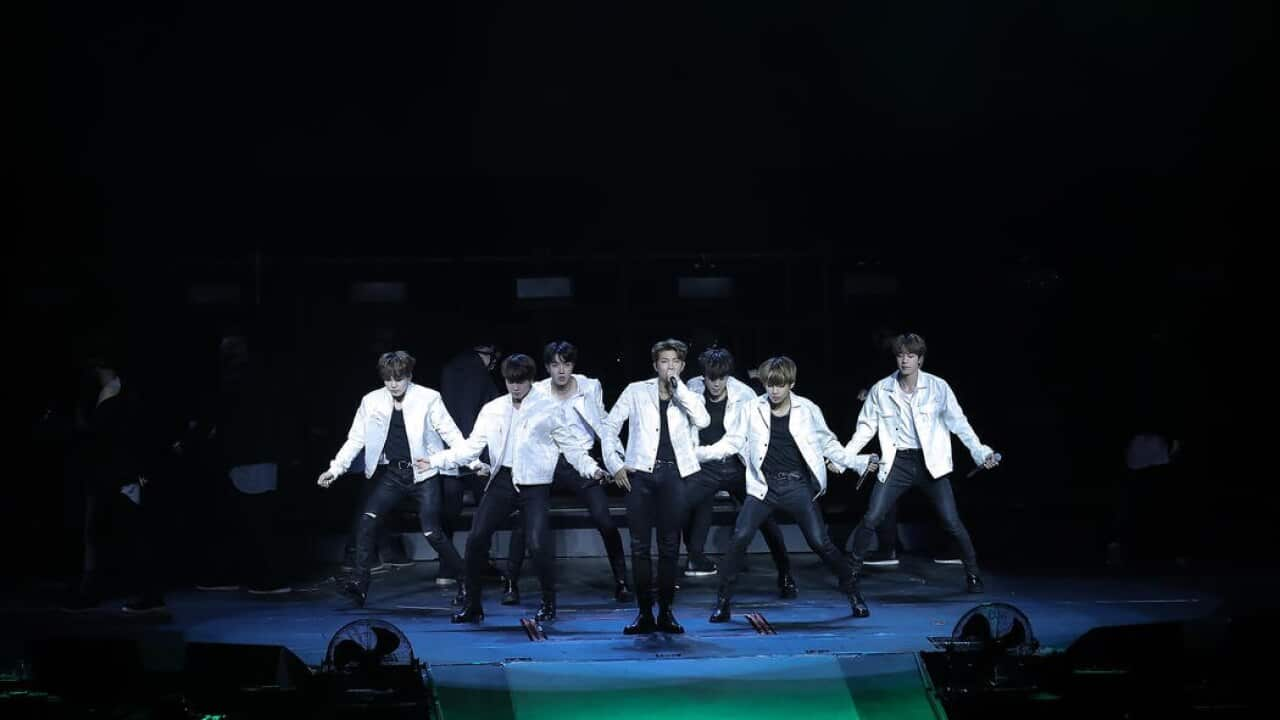While the prevalence of Korean beauty, or K-Beauty, across the globe has helped South Korea’s economy grow over the past decade and withstand the impacts of the coronavirus pandemic, photographer Kim Sihyun believes it has created negative “stereotypes” of how Koreans are perceived.
K-Beauty is an umbrella term for South Korea's skincare industry, which has gained popularity across Asia and the US as part of the so-called “Korean wave”, which has also seen the rise of K-Pop and K-Drama.
K-Beauty mainly focuses on health, hydration and an emphasis on brightening effects, and has become one of seven new growth engine industries in the Asian country.
The industry has enjoyed record exports in 2020 despite the COVID-19 pandemic, according to the November trading figures released by South Korea’s government. The demand for Korean skincare and make-up has also continued to grow among Australians, with United Nations data showing that the import of Korean cosmetic products jumped almost three-fold to $58 million in 2019, compared to $20 million in 2015.
The demand for Korean skincare and make-up has also continued to grow among Australians, with United Nations data showing that the import of Korean cosmetic products jumped almost three-fold to $58 million in 2019, compared to $20 million in 2015.

The Sihyunhada Project by Kim Sihyun will be featured at the National Gallery of Victoria as part of Triennial 2020. Source: Supplied by Studio Sihyunhada
Sihyun, a photographer with the Identification Photo Project, tells SBS Korean the rise in K-Beauty has also led to the growth of “prejudicial” images of Korean people especially in the Western world, which made her ponder the meaning of ‘identification’ and what ID photos should really show.
“I saw prejudice towards Koreans, such as people saying that the 'Korean circle lens culture makes them look like druggies', 'they make their skin white to look like us' and it’s 'excessive plastic surgery'.” Adding to the negativity she witnessed, she says the advancement of photo editing apps meant that ID photos no longer showed unique features of an individual, but instead reflected K-Beauty “standards”, such as fair skin, a v-shaped jawline, big eyes with double eyelid and red lips.
Adding to the negativity she witnessed, she says the advancement of photo editing apps meant that ID photos no longer showed unique features of an individual, but instead reflected K-Beauty “standards”, such as fair skin, a v-shaped jawline, big eyes with double eyelid and red lips.

An image from Sihyun's project. Source: Kim Sihyun
As a result, she affirms, individuality is being eroded in the country.
Listen to Ms Kim's interview
Image
Project Sihyunhada
In 2016, as a photography student aspiring to open her own studio specialising in ID photos, Sihyun set upon a project of recording a part of Korean society by taking genuinely representative photos of 1000 people with minor touch-ups to greater highlight individuality.
She emphasises that colour is an effective way of finding one's identity in a tiny shot of a face.
Her fresh approach to identification photography has garnered attention among other photographers, who have joined her cause, creating a new trend in this area of the industry in Korea. Sihyun says through Project Sihyunhada which is an extension of the Identification Photo Project, she has witnessed how the beauty standards are changing in the number of people, who are opting for the “natural look” rather than “excessive touch-up”.
Sihyun says through Project Sihyunhada which is an extension of the Identification Photo Project, she has witnessed how the beauty standards are changing in the number of people, who are opting for the “natural look” rather than “excessive touch-up”.

Identity photographs of South Koreans will be exhibited in Melbourne. Source: Kim Sihyun
Describing the creation of her work, she says: "The whole process takes 30 minutes. When the customer comes in, we talk about the background colour, then we discuss which angle and lighting would best suit them."
"After the photoshoot, rather than photoshopping on my own, the client stays and works on the process together with me. We go over quick fixes such as the tone of the background colour and make-up touch-ups.
"I think as a woman I can sympathise more with what [my customer] desires in the picture. It also helps that I drew a lot of portraits of people and became aware that a small change could make a big difference."
She believes this trend is now regarded as a new aspect of Korean culture and that’s why there is a growing interest in her work outside of Korea.
Melbourne is set to get a taste when the Identification Photo Project goes on exhibition at the National Gallery of Victoria from December 19 as part of Triennial 2020.

